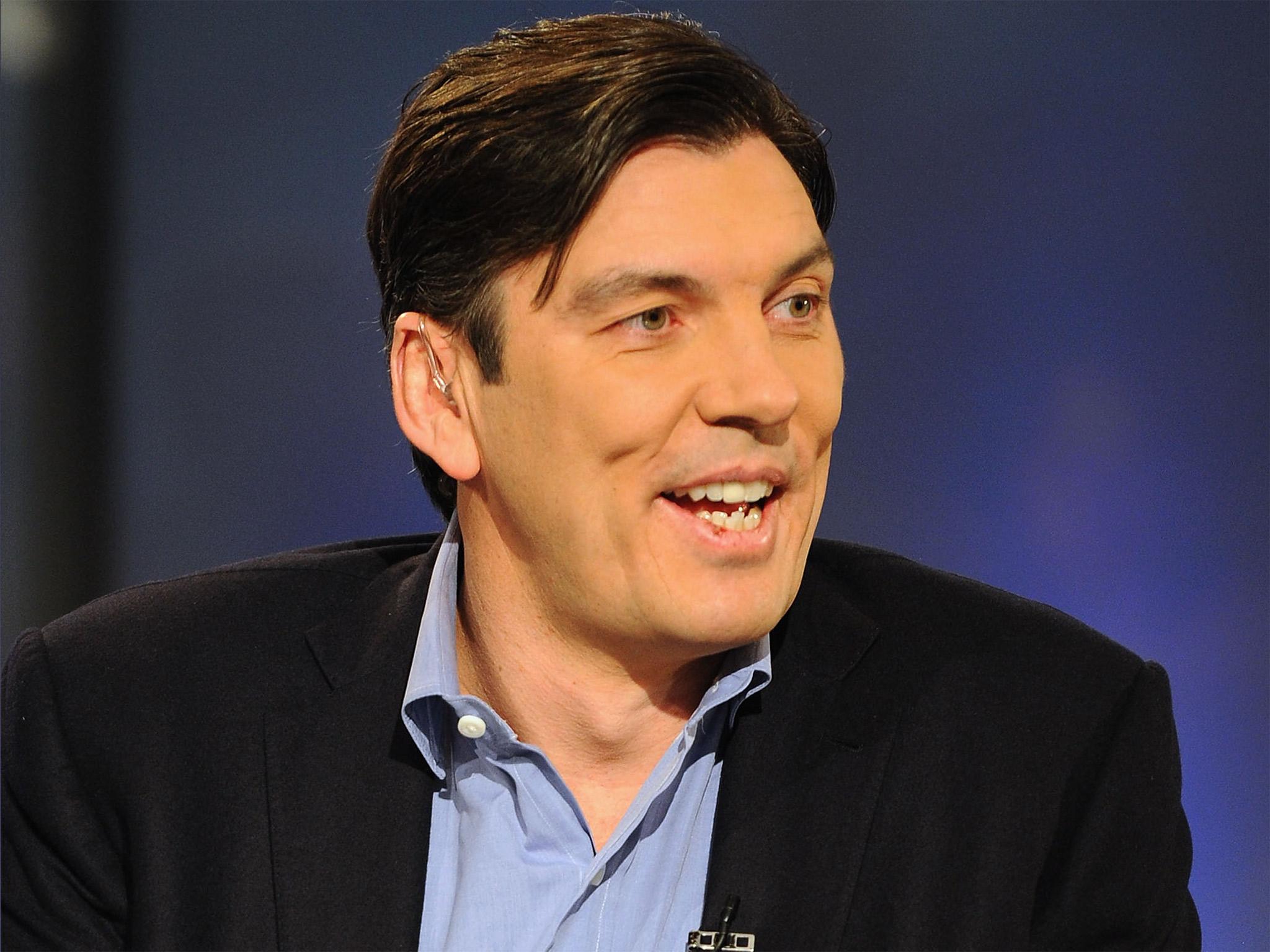Oath: Verizon's internet business a contender for worst rebrand ever
It’s the new name for the businesses of AOL and Yahoo, put together by the US telecoms giant, and it has gone down like a lead balloon on the internet

If you’ll forgive me for indulging in an oath: Damn! Oath is a really, really silly name for an internet business.
It was announced by Tim Armstrong, the man who is slated to run the thing, in a tweet.
“Billion+ Consumers, 20+ Brands, Unstoppable Team. #TakeTheOath. Summer 2017.”
Sorry (again) but: Damn! That is a really, really silly tweet from the boss of an internet business.
I suppose you could say it has at least ensured that the new business has made a noise, if you’re feeling forgiving and take the view that no publicity is bad publicity.
Let’s face it, Oath might otherwise struggle to find ways of getting itself noticed.
It’s made up of the combination of AOL and the operating businesses of Yahoo, two sad sack second-tier web businesses that got left behind while Google and Facebook were busily taking over the world. Verizon and Mr Armstrong think they can make something of them. Good luck with that.
Oath, as Mr Armstrong noted, means promise. But it also means “a profane or offensive expression used to express anger or other strong emotions”. As one of the first respondents to his tweet duly noted.
There are two of those expressions that could easily be used to describe the new brand. They also have four letters. I don’t think I need to spell them out here.
“LOathe the name,” tweeted another respondent, and he was far from alone. Still others made reference to the fact that bosses might have sworn some particularly piquant Oath(s) after the recent Yahoo hack.
Poor Mr Armstrong. Perhaps he should have just made up a name? Lots of companies do that, picking something they hope will sound inoffensive in as many of the world’s languages as possible.
But even that can get you into trouble. What if the name is already in use? Another CEO, insurance boss Richard Harvey, decided he wanted something new for the company he once ran, which was called CGNU as a result of a messy post-merger compromise.
The company spent £1m and one year on research, consultants and focus groups in the 50 countries it operated in, before settling on Aviva. “It represents life, and vitality,” a press release gushed. The owner of a boutique a few hundred metres from the insurer’s Norwich base had much the same idea when she came up with the same name after a few minutes thought over a cup of coffee on a train.
Business leaders do rather have a habit of falling in love with silly names, and because they’re business leaders, everyone else tries their best to whisper sweet nothings about their follies. No one ever thinks to listen to the bright spark intern who puts the new name into Google and discovers that, oops, this might cause us some embarrassment.
But despite the snickering at the company’s expense when the rebrand was unveiled, Aviva seems to have worked out. It might be a slightly odd name for an insurance company (although no more so than, say, AXA) but it has become accepted. And it’s by no means the daftest made up name out there. QinetiQ anyone? Inmarsat? Even Centrica.
They’re all still with us. Mercifully Monday isn’t. That name was dreamed up by accountant PricewaterhouseCoopers and branding guru Wolf Olins for the firm’s consultancy arm, which was being spun off in the early Noughties as a separate business with a stock market listing.
It was supposed to embody everything good about the (ugh) first day of the working week: “Sharpen your pencil, iron your crispy white shirts, set the alarm clock, relish the challenge, listen, be fulfilled, make an impact, take a risk.” (Double ugh.)
Unfortunately for PwC, it went down like a sleepless Sunday night, and when the business was sold to IBM, the new owner wisely consigned the much mocked moniker to the dustbin of brand history.
Which is exactly where “Oath” should end up if Mr Armstrong’s ego can take the hit. It manages to make even QinetiQ sound good, and that’s quite an achievement.
Join our commenting forum
Join thought-provoking conversations, follow other Independent readers and see their replies
Comments
Bookmark popover
Removed from bookmarks